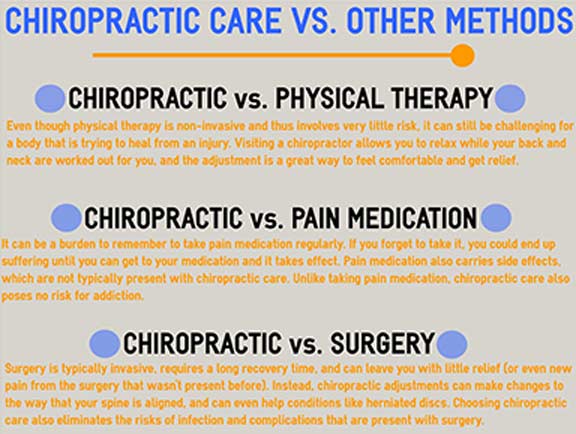Do Acupuncture Information Actually Exist? An Expedition Of Meridian Theory
Do Acupuncture Information Actually Exist? An Expedition Of Meridian Theory
Blog Article
Developed By-Fallon Dempsey
You may be wondering about the presence of acupuncture points and their function in traditional Chinese medication. These factors, linked to meridian concept, recommend a distinct system of energy flow in the body. While historic texts lay a structure, contemporary science provides brand-new understandings into their relevance. Are these ancient principles compatible with contemporary understanding? The response might stun you as we explore the crossway of practice and modern research.
The Historic Origins of Acupuncture and Meridian Concept
Acupuncture, with its intricate network of meridians, has deep historic roots that trace back countless years in old China.
You'll find that early messages, like the Huangdi Neijing, laid the foundation for recognizing exactly how power moves with the body. These writings presented the concept of Qi, the vital force that flows along the meridians.
As you explore this ancient technique, you'll uncover just how specialists recognized details points to affect health and equilibrium.
Over centuries, acupuncture advanced, including different techniques and viewpoints, yet it stayed deeply connected to its origins.
Scientific Viewpoints on Acupuncture Points
While lots of people still view acupuncture as an old art rooted in custom, clinical study has progressively clarified the physiological mechanisms behind acupuncture points.
Research studies suggest these points may correspond to areas rich in nerve endings, capillary, and connective tissues. When needles stimulate these factors, they can cause biochemical reactions, such as the release of endorphins and various other natural chemicals, which help minimize discomfort and promote healing.
Imaging strategies like useful MRI have shown changes in mind task connected with acupuncture, supporting its efficacy.
While suspicion remains, growing proof indicate a potential organic basis for acupuncture, inviting more exploration into exactly how these ancient techniques can line up with contemporary scientific understanding.
Integrating Old Practices With Modern Medicine
As more healthcare providers recognize the worth of all natural approaches, integrating old practices like acupuncture with modern medicine is becoming increasingly appropriate.
You may discover that integrating these approaches can improve patient care, offering an extra comprehensive therapy strategy. By acknowledging how to be a chiropractor of acupuncture-- such as pain alleviation and anxiety decrease-- you're not just resolving physical signs and symptoms yet likewise promoting general wellness.
This assimilation permits you to customize treatments to private requirements, bridging the gap between standard knowledge and modern medical methods. Working together with acupuncturists can also expand your knowledge and offer your patients with a larger variety of options.
Ultimately, embracing https://www.webmd.com/ankylosing-spondylitis/features/ankylosing-spondylitis-diagnosis can result in improved wellness end results and a much more balanced strategy to healing.
Conclusion
Finally, acupuncture factors might not fit neatly into modern medical standards, but their historic value and emerging scientific assistance suggest they hold value. By checking out the intersection of old practices and contemporary research study, you can value how these points may influence wellness. Whether you're a skeptic or a believer, recognizing meridian theory opens the door to new point of views on wellness and healing, inviting you to think about the prospective benefits of acupuncture in your very own life.
